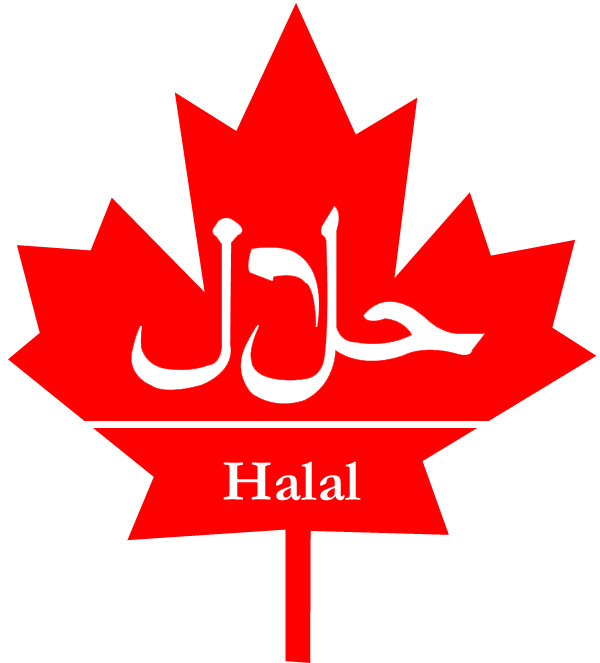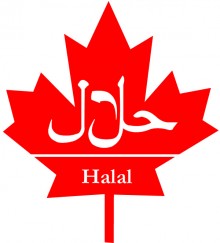 Canada’s cultural and religious diversity has, without question, shaped the selection of fresh and prepared foods available today at both retail and foodservice. Religious dietary food laws are present in most major religions. These laws date back millennia and not only dictate what foods may be consumed, but also how such foods may be prepared and even cultivated. The reasons why religious food laws are so diverse are exceptionally fascinating and are the subject of much scholarly debate. Religious food law and modern food law do, however, have points where their relationship intersects.
Canada’s cultural and religious diversity has, without question, shaped the selection of fresh and prepared foods available today at both retail and foodservice. Religious dietary food laws are present in most major religions. These laws date back millennia and not only dictate what foods may be consumed, but also how such foods may be prepared and even cultivated. The reasons why religious food laws are so diverse are exceptionally fascinating and are the subject of much scholarly debate. Religious food law and modern food law do, however, have points where their relationship intersects.
One of the most intricate sets of religious dietary laws is the kashruth. This defines what foods are kosher, a term that is literally translated as what is fit or proper for consumption. In 1911, Crisco was among the earliest foods in North America to be widely marketed as kosher. In the early 1920s rabbinical authorities in the U.S. and Canada began efforts to bring more oversight to kosher labelling and advertising. Nevertheless this remained largely unregulated and was the cause of much frustration by Canadian consumers.
In the 1950s further strides were made to bring greater supervision and certification for kosher foods. By the 1960s kosher foods were starting to build a reputation for quality, and began to gain popularity with mainstream consumers who were purchasing them for non-religious reasons. In 1973 amendments to the Canadian Food and Drug Regulations (FDR) were made that introduced the explicit requirement that foods labelled or advertised as kosher must meet all kashruth requirements applicable to that particular food. Notwithstanding a very minor technical amendment made in 1984, the FDR has not changed since.
Beyond requiring foods represented as kosher to meet the kashruth, the FDR does not actually provide any specific standards. Canadian consumers would not expect government to define religious dietary practices, nor would governments wish to interfere in this regard. Canadian consumers would, however, expect foods so marked to be clear and truthful, a matter that is generally governed by the Canadian Food Inspection Agency (CFIA). Here, then, Old World religious dietary food law overlaps with modern food law.
In June 2013, amendments to the FDR were proposed to add clarity in the case of foods represented by the term halal or any other markings that would otherwise indicate that the food is halal. Governed by Islamic law, halal defines foods that are “permissible” for consumption by Muslims. It is similar but not identical to kosher.
Canada’s expanding diversity has seen the demand for halal foods grow rapidly over the last two decades. The market in Canada for halal foods is currently estimated to be $1 billion annually, and is growing. There are also varying interpretations of Islamic law on what constitutes halal, creating frustrations among consumers and causing Old and New World food laws to again intersect.







